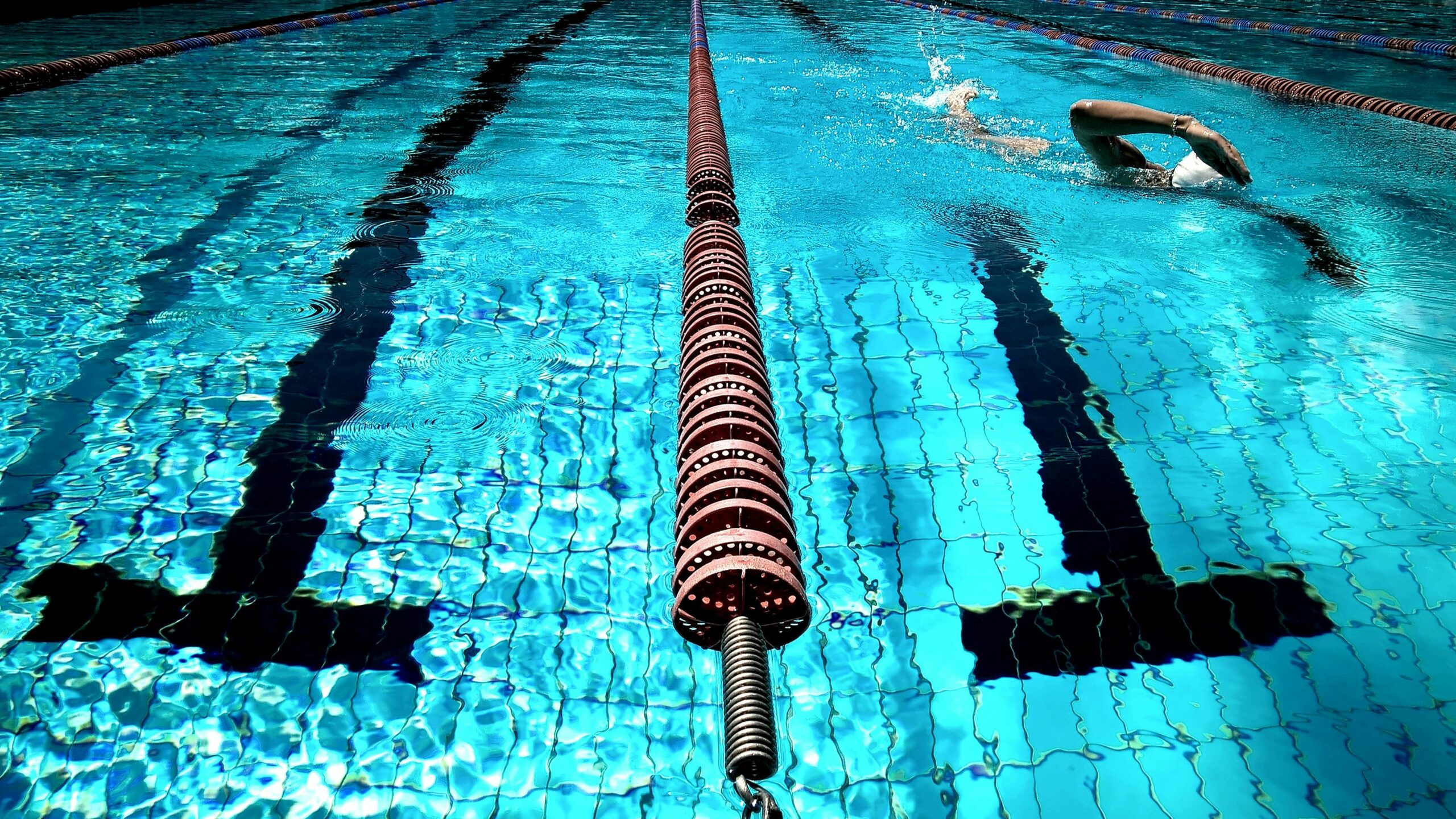Swimming is one of the few sports that connects us to something primal — water. It’s not just an activity or a skill; it’s a form of freedom, therapy, and expression.
🌊 Why Swimming Stands Out
Unlike most workouts, swimming is both aerobic and anaerobic. It improves cardiovascular health, strengthens muscles, and increases flexibility — all while being incredibly low-impact. That means people of almost all ages and body types can participate, from kids splashing in the shallow end to seniors doing laps for heart health.
But beyond the physical benefits, there’s something almost spiritual about swimming. The water forces you to focus, breathe deliberately, and move with intention. In that sense, swimming becomes a meditative experience.
🔥 Health Benefits of Swimming
Whether you’re a casual swimmer or a competitive athlete, hitting the pool offers powerful benefits:
- Full-body workout: Engages core, arms, legs, and back.
- Improves lung capacity: Great for asthma and overall respiratory strength.
- Relieves stress: The water has a calming effect on the nervous system.
- Boosts endurance: Regular practice builds stamina and energy levels.
- Burns calories: A moderate-paced swim can torch 400–600 calories per hour.
🧠 Mental Benefits: Mind in Motion
Water doesn’t just support your body; it supports your mind. Studies show that swimming can reduce symptoms of anxiety and depression. The rhythmic nature of strokes, combined with deep breathing, mimics the effects of meditation.
In fact, some therapists even use water-based therapy (aquatic therapy) to help people deal with PTSD, trauma, and stress.
👶 Swimming as a Lifelong Skill
Swimming is more than a hobby — it’s a life-saving skill. Drowning is a leading cause of accidental death, especially among children. Teaching swimming early not only instills confidence but also safety.
Adults too should never feel it’s “too late” to learn. Many swimming programs now focus specifically on adult learners, building technique slowly and safely.
💡 Tips for New Swimmers
- Start slow: Focus on form, not speed.
- Learn breathing early: It’s the foundation of every good stroke.
- Stay consistent: Swimming once a week is great, but twice or more makes the biggest impact.
- Get comfortable underwater: Confidence builds with experience.
- Invest in good gear: A solid pair of goggles and a well-fitted swimsuit go a long way.
🏅 Final Thoughts
Swimming isn’t just exercise — it’s liberation. It teaches resilience, breath control, and patience. Whether you’re chasing medals or just floating after a long day, water welcomes you without judgment.
So if you’ve been hesitant to dive in, take it from someone who did — the pool may be the most peaceful place you’ll ever discover.


Hi, this is a comment.
To get started with moderating, editing, and deleting comments, please visit the Comments screen in the dashboard.
Commenter avatars come from Gravatar.